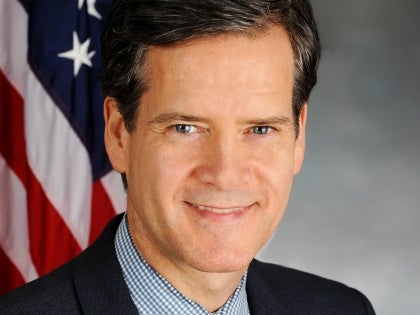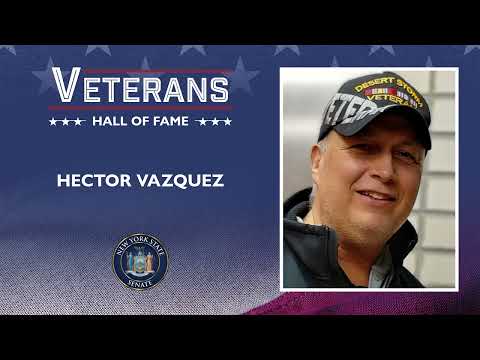
SENATOR BRAD HOYLMAN CALLS FDA’s NEW REGULATIONS ON GAY BLOOD BAN “INCOMPLETE AND INSUFFICIENT”
December 22, 2015
-
ISSUE:
- LGBTQ

Calls on the FDA to “issue a set of guidelines for blood donations that reflects the latest advances in blood screening technology and ends the practice of treating the LGBT community as second-class citizens”
NEW YORK – State Senator Brad Hoylman (D-Manhattan) today released the following statement regarding the U.S. Food and Drug Administration’s (FDA) announcement of new regulations governing blood donations by gay and bisexual men. The latest guidelines, while lifting the previous lifetime ban preventing gay and bisexual men from donating blood, would continue to bar large numbers of potential donors by instituting a 12-month waiting period for any man who has had sexual contact with another man.
“While I’m encouraged by the FDA’s decision to review its discriminatory and profoundly antiquated rules regulating blood donations by gay and bisexual men, the latest guidelines are incomplete and insufficient. Lifting the gay blood ban and shortening it to a year is an advancement, but still falls short of removing the taint of bigotry and ignorance that apparently defines the FDA’s stance towards the LGBT community on blood donations,” said State Senator Brad Hoylman.
“Requiring anyone to attest to a year-long period of celibacy in order to qualify for a blood donation is patently absurd, especially when patient surveys already help identify donors who might have engaged in risky behavior and advanced technology exists to screen unsafe blood. Worse, the new FDA guidelines continue to perpetuate the myth that gay men are a threat to public safety.”
“At a time when our nation is experiencing an acute blood supply shortage and science has provided us the ability to accurately detect HIV infections within three months, precluding gay men from donating runs counter to scientific evidence. I’m calling on the FDA to go back to the drawing board and issue a set of guidelines for blood donations that reflects the latest advances in blood screening technology and ends the practice of treating the LGBT community as second-class citizens.”
